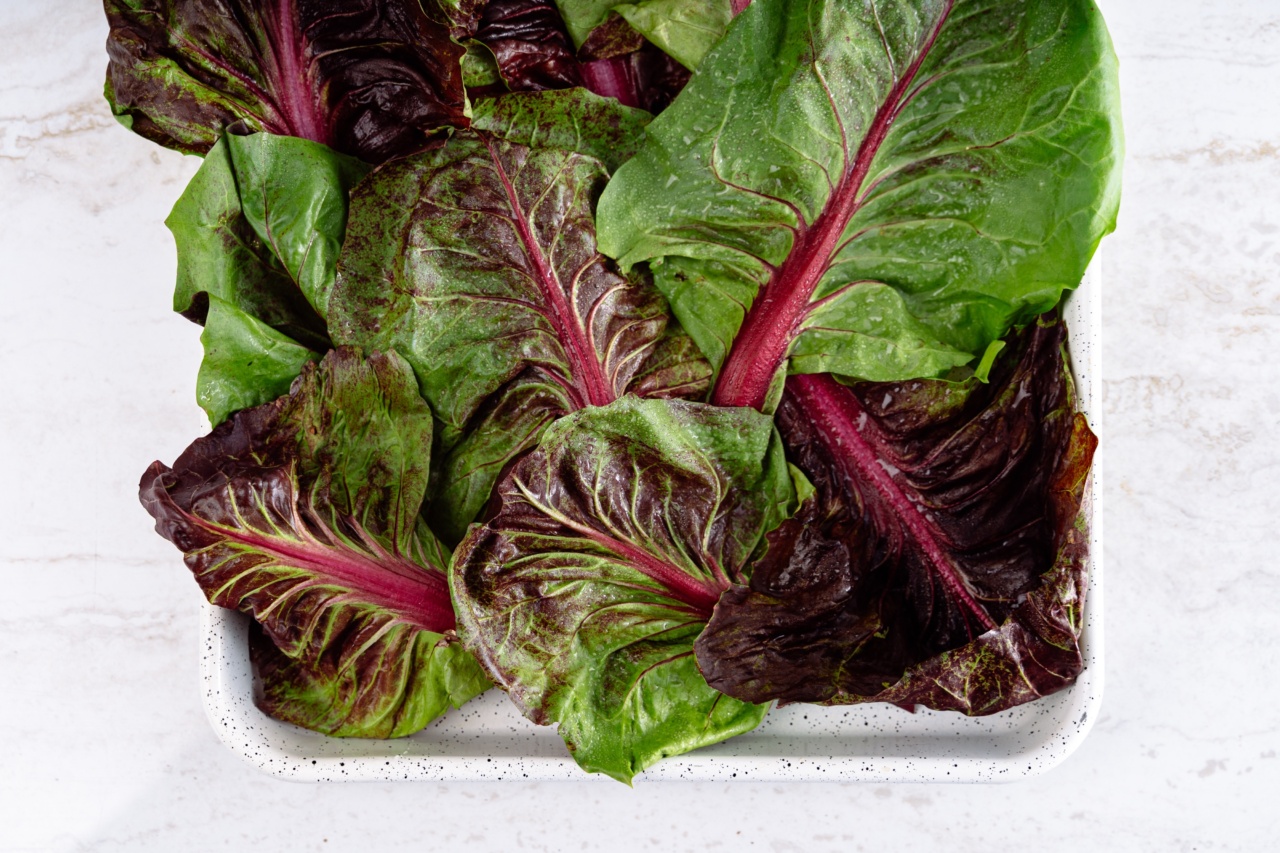Garlic has been used for centuries not only as a flavor enhancer in various cuisines but also for its medicinal properties.
This tiny bulb, associated with vampire folklore, is actually a powerhouse of nutrients and compounds that offer a wide range of health benefits. Despite being an indispensable ingredient in most kitchens, garlic is often underestimated as a superfood.
In this article, we will explore the numerous health benefits of garlic and shed light on why it deserves its title as an underestimated superfood.
1. Nutritional Profile
Garlic is packed with essential nutrients and compounds that contribute to its incredible health benefits. A 1-ounce (28 grams) serving of garlic contains:.
- Calories: 42
- Protein: 1.8 grams
- Fiber: 0.6 grams
- Vitamin C: 15% of the DV (Daily Value)
- Vitamin B6: 11% of the DV
- Manganese: 23% of the DV
- Selenium: 6% of the DV
- Calcium: 18 mg
- Potassium: 96 mg
2. Antioxidant Powerhouse
Garlic is rich in antioxidants that help protect our cells from free radicals and oxidative damage. One of the key antioxidants found in garlic is allicin, which is responsible for its distinctive smell and many of its health benefits.
Allicin has been shown to have strong anti-inflammatory and antimicrobial properties, and it may also help reduce the risk of chronic diseases, such as heart disease and certain types of cancer.
3. Heart Health
Garlic has long been associated with heart health benefits. It may help lower blood pressure, reduce cholesterol levels, and decrease the risk of heart disease.
Several studies have shown that regular consumption of garlic or garlic extracts can lead to a significant reduction in blood pressure levels, especially in individuals with high blood pressure. Additionally, garlic may help reduce low-density lipoprotein (LDL) cholesterol levels, also known as “bad” cholesterol, thus promoting better heart health.
4. Immune-Boosting Properties
Garlic is well-known for its immune-boosting properties. It stimulates the production of immune cells and enhances the body’s natural defense mechanisms against infections.
Studies have suggested that garlic may help reduce the severity and duration of common illnesses like the flu and the common cold. Its antimicrobial properties can also help fight against bacterial, viral, and fungal infections.
5. Cancer Prevention
Research has shown that certain compounds present in garlic, such as allicin and organosulfur compounds, may have anticancer effects.
These compounds have been found to inhibit the growth of cancer cells and reduce the risk of developing various types of cancers, including colorectal, stomach, and prostate cancer. However, more studies are needed to fully understand the extent of garlic’s impact on cancer prevention.
6. Anti-Inflammatory Benefits
Chronic inflammation is linked to the development of many diseases, including heart disease, diabetes, and certain types of cancer.
Garlic contains compounds that possess anti-inflammatory properties, which can help reduce inflammation and potentially lower the risk of developing these chronic diseases. By incorporating garlic into your diet, you can support your body’s natural anti-inflammatory processes.
7. Improved Digestive Health
Garlic has been used for centuries to aid in digestion. It stimulates the production of digestive enzymes, which helps improve the breakdown and absorption of nutrients in the gastrointestinal tract.
Garlic also acts as a prebiotic, promoting the growth of beneficial gut bacteria. A healthy gut microbiome is essential for optimal digestion, nutrient absorption, and overall digestive health.
8. Detoxification Support
Due to its sulfur-containing compounds, garlic plays a key role in supporting the body’s detoxification processes. It helps activate liver enzymes that are responsible for flushing out toxins and harmful substances from the body.
Incorporating garlic into your diet can aid in maintaining a healthy liver and promoting overall detoxification.
9. Brain Health
Garlic contains antioxidants that may have neuroprotective effects, helping to preserve brain function and prevent age-related cognitive decline. Studies have suggested that garlic extract may improve memory and learning abilities.
Additionally, garlic’s anti-inflammatory properties may also contribute to better brain health by reducing inflammation in the brain and potentially lowering the risk of neurodegenerative diseases, such as Alzheimer’s disease.
10. How to Incorporate Garlic into Your Diet
There are countless ways to enjoy the benefits of garlic in your everyday meals. Here are some ideas:.
- Add minced or crushed garlic to your stir-fries and sautéed vegetables.
- Use roasted garlic as a spread on toast or sandwiches.
- Include garlic in homemade salad dressings and marinades.
- Add garlic to soups, stews, and sauces for extra flavor and health benefits.
- Roast whole garlic cloves and enjoy them with roasted meats or vegetables.
- Make your own garlic-infused oils for cooking.
Conclusion
Garlic is not just a flavorful ingredient; it is a true superfood with an array of health benefits.
From supporting heart health and boosting the immune system to protecting against cancer and improving brain function, garlic offers a wide range of advantages that should not be underestimated. Including garlic in your daily diet can be a simple yet powerful way to enhance your overall health and well-being.






























